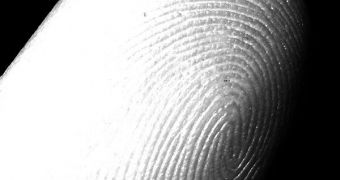Biomechanics researchers are currently trying to impose a paradigm shift in the way we approach research related to our own bodies. Experts argue that the existing methods of study may indeed get us to a certain point, but stress that many pieces of knowledge will always be left out. This point is expressed in a new scientific paper, published in the January issue of the respected scientific journal Physics World. The author is biomechanics expert Dr. Roland Ennos, from the University of Manchester Faculty of Life Sciences, AlphaGalileo reports.
He reveals, for instance, that people do not chew their foods in order to make it smaller and easier to swallow, as previous investigations have suggested. Rather, he argues, we do it because the cohesive strength of chewed food ensures it forms a firm blob that can then be safely swallowed. The expert shows that this is not the first explanation to spring to mind, and neither the most intuitive one, but emphasizes that it is the most correct one. The conclusion was drawn after experts modeled the cohesive forces that formed inside our mouths when we chewed our food.
The scientist also advocates that the boundary between biology and physics should be loosened, even if it seems counter-intuitive at first. Ennos argues that explanations for questions such as why we swing our arms, or why our fingernails always break at the same place, or why we have notched teeth and fingerprints should no longer be searched for within the realm of biology alone. Applying a double approach to these unanswered questions could lead to some surprising results, he believes.
“The answers to these questions may appear obvious or even trivial, but further thought and experiment is revealing that our world is far more fascinating than we could have dreamed. All you need is an inquiring mind, a bit of ingenuity and the courage to ask awkward questions,” Ennos writes in the journal entry. He also adds that, unlike other problems in physics today, figuring out these issues is neither mathematically hard, nor cost intensive. Therefore, there should be nothing stopping the international scientific community from pursuing this path of research.

 14 DAY TRIAL //
14 DAY TRIAL //